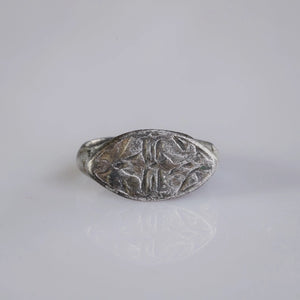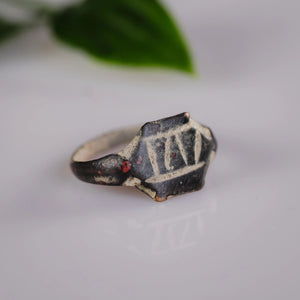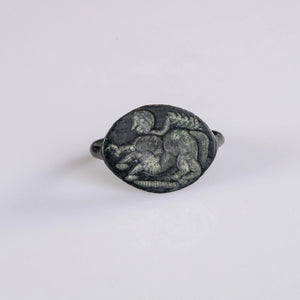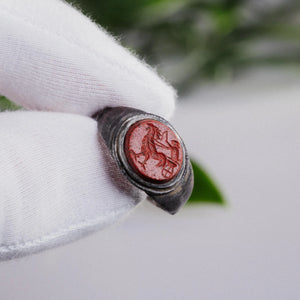Interesting facts
Why Are They Called Castles?
Have you ever paused to wonder why those majestic stone fortresses scattered across Europe and other parts of the world are called castles? At first glance, the word might seem simple, even straightforward, but it actually carries centuries of history, culture, and language woven into its letters. Castles aren’t just grand ruins or fairy-tale symbols—they represent a rich legacy of power, protection, and social order. Their very name offers a glimpse into an ancient world shaped by evolving languages and medieval life. Explore more about castles and their historical significance.
Exploring the origin of the word "castle" reveals a fascinating story layered with the influences of Old English, Latin, and the shifting cultures of Europe. By understanding why these impressive fortifications received this particular name, we connect not only with their physical form but also with the human stories behind them. For a detailed exploration of historical castles, visit the Exploring Castles website.
Tracing the Etymology: From 'Castellum' to 'Castle'

Roman “castella” were often modest in size but crucial in function—guarding rivers, crossroads, or supply lines. They acted as early warning posts or strongholds against invading forces. This practical and military use of the word highlights the original purpose of these structures: defense.
What does the word 'castle' mean?
The word 'castle' originates from the Latin 'castellum', meaning a small fort or stronghold. It reflects both military and social aspects of medieval life.
How did the word 'castle' evolve?
The term evolved from Latin 'castellum' into Old English 'castel', reflecting a mix of Roman military tradition and medieval noble residences.
Is there a modern equivalent of 'castle'?
While not quite the same, a sturdy modern item like a power bank named 'Castle' could metaphorically represent reliability and protection. Explore similar historical artifacts at auroraantiqua.store.




